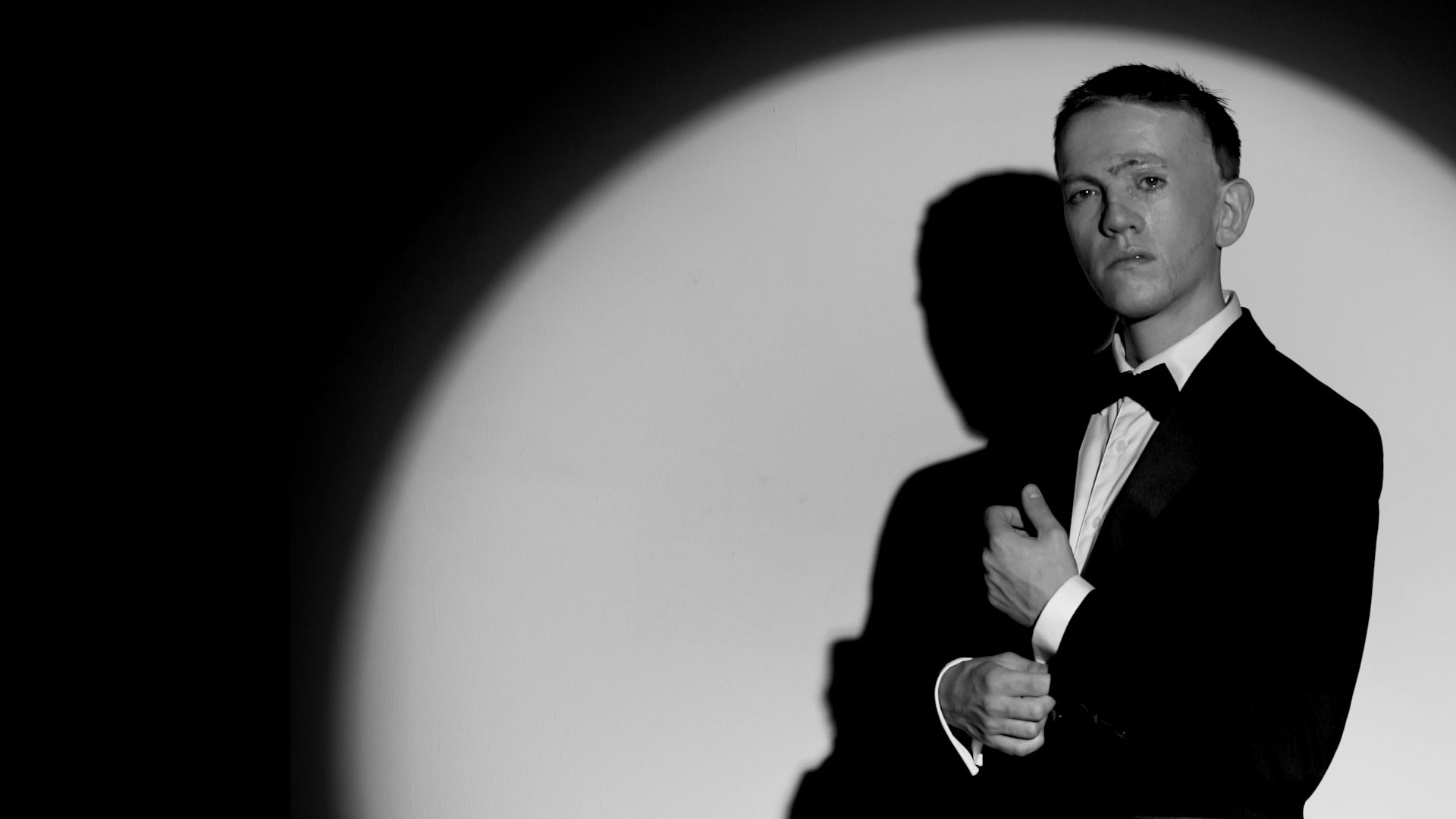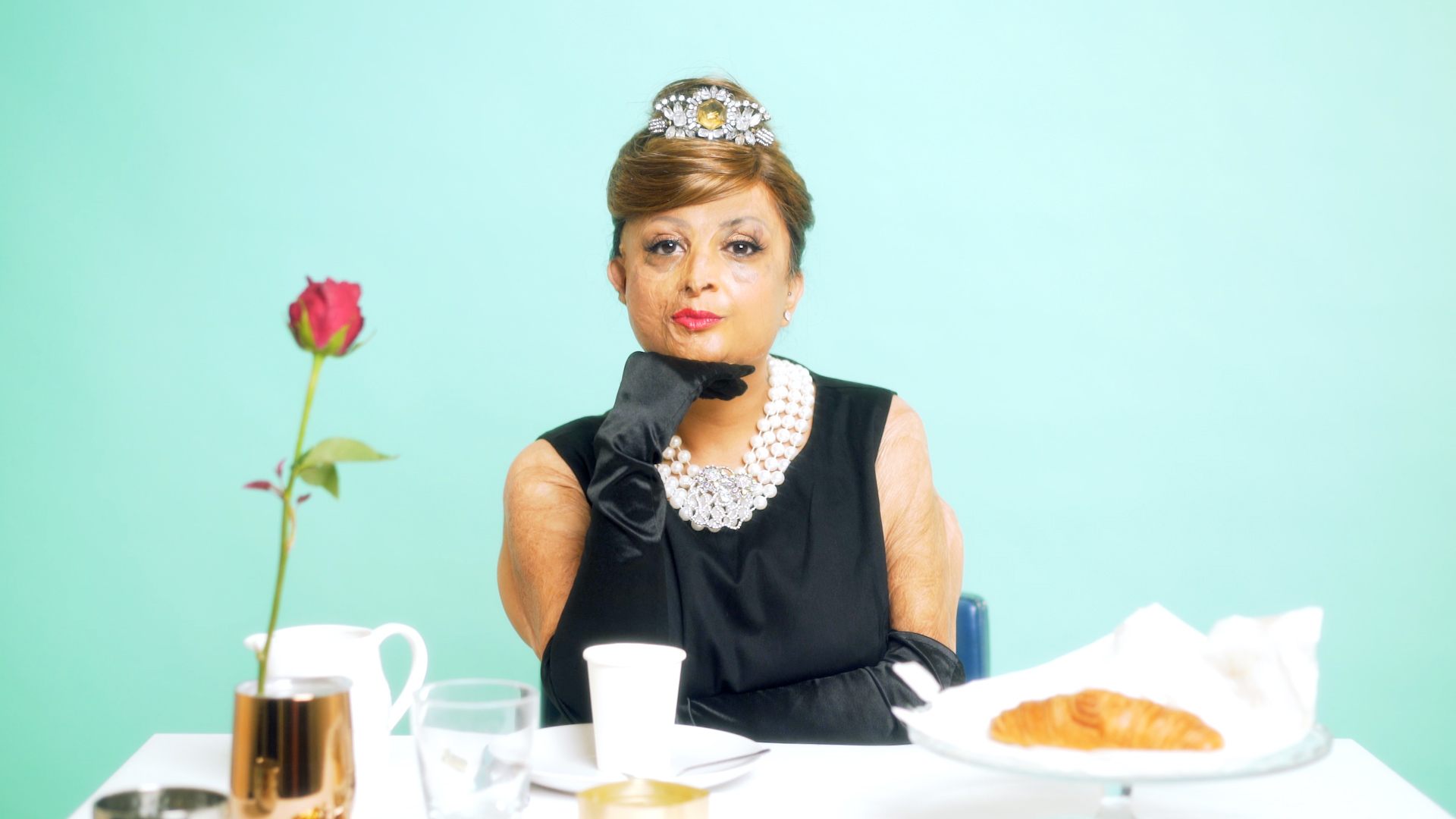Face Equality Week
Face Equality Week is a time to raise awareness about the prejudice experienced by too many people with visible differences.

Our I Am Not Your Villain campaign calls on the film industry to stop using scars, burns, marks and other visible differences as a shorthand for villainy.
From Darth Vader in Star Wars to Scar in The Lion King, filmmakers have long made a link between physical disfigurement and evil.
Our campaign calls on those in the film industry – script writers, casting directors, film producers, production companies and directors – to stop using scars, burns or marks as a shorthand for villainy.
On this page, find out more about the campaign and how you can get involved.
Our research with Savanta ComRes found:
Take a look at the video below, where Changing Faces ambassador Robert, talks about the importance of equal representation of visible difference to him:

We need a future where there’s more positive representation of people with visible differences in TV and film. Help us make that happen and join our movement today. Sign up to emails to find out ways you can get involved in our campaigns.
Sign up todayThe British Film Institute (BFI) was the first organisation to sign up to our campaign. They have committed to stop funding films in which negative characteristics are depicted through scars or facial difference.
Ben Roberts, Film Fund Director at the BFI, says:
“Film has such a powerful influence on society, it enables us to see the world in new ways, enriches lives and can make a vital contribution to our wellbeing. It also is a catalyst for change and that is why we are committing to not having negative representations depicted through scars or facial difference in the films we fund.
It’s astonishing to think that films have used visible difference as a shorthand for villainy so often and for so long. The time has come for this to stop.
The BFI believes that film should be truly representative of the UK, and this campaign speaks directly to the criteria in the BFI Diversity Standards which call for meaningful representations on screen. We fully support Changing Faces’ I Am Not Your Villain campaign and urge the rest of the film industry to do the same.”
People with visible differences report long-term impacts from not being represented in society and across popular culture.
Thanks to the production company Stories Like Us, we created a film with our young champions and ambassadors with visible differences. They talk about the impact of always seeing scars or burns used to portray a “villain” in films and on TV.
Together with our campaigners and ambassadors, we are speaking out and challenging the use of stereotypes, as well as championing positive representation of visible differences on screen.
Recently our campaigner Ryan shared his thoughts on the release of No Time To Die, the latest Bond film. You can read the piece here on the inews website. Ambassador Catrin Pugh gave her reaction to the 2020 film adaptation of The Witches. You can read her piece on the Huffington Post website. In this blog, campaigner Mikaela talks about our open letter to the Bond production company and in her piece, Emma responds to some of the common questions she gets asked when she talks about film and visible difference.
We’re also championing and celebrating those films and TV shows that include positive representations of visible differences. These include the BBC adaptation of Malory Towers, which featured young actor Beth, and the film Dirty God, featuring burns survivor Vicky Knight. You can read our Q&A with the creative team behind the adaptation of Malory Towers in this article. Our campaigner, Ryan, has shared his thoughts on the film Dirty God, you can read his review here.
You can watch the Dirty God trailer below. (Content warning: Contains language, sexual references and distressing scenes).
Sign up to our newsletter and follow us on social media to find out about the next campaign actions.
Face Equality Week is a time to raise awareness about the prejudice experienced by too many people with visible differences.
Our campaign raises awareness of appearance-related abuse and calls for better legal protections for people with visible differences.